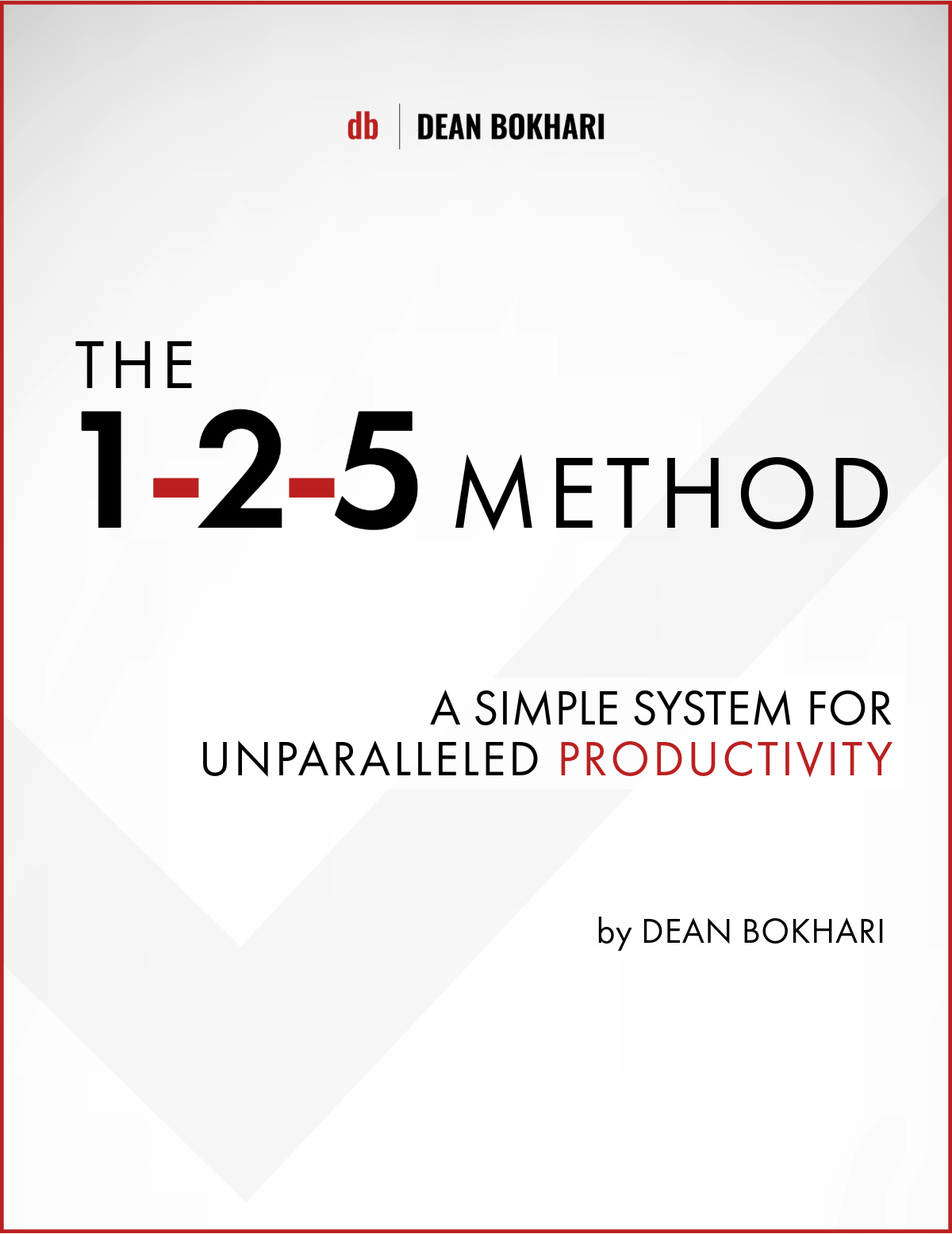7 Reasons Why HR is
Important for Successful Hiring
SPONSORED POST
In the world of Business, Human Resources
plays a crucial role in finding the right people for the right job. HR isn't
just about paperwork and policies; it's about building a team that can propel
an organization forward.
In this article, we'll explore seven simple yet essential reasons why HR is vital for successful hiring. From attracting talented candidates to ensuring a smooth onboarding process, HR professionals are like the architects of a successful team. Talking about popular countries like the Philippines, it saw an increase of more than 160% in Startups in 2023 which also increased the demand for HR professionals.
After all, they help create an environment where employees feel valued, supported, and motivated to excel. So, let's take a closer look at why HR is so important in the hiring process and how it contributes to the success of organizations big and small.
Go on reading!
1. Talent Acquisition Expertise
At the heart of HR's role lies talent acquisition - the process of identifying, attracting, and selecting top-notch candidates. In fact, the process of Philippines Hiring is quite popular as their HR professionals possess the expertise and resources to navigate the complex landscape of recruitment, from crafting compelling job descriptions to leveraging various sourcing channels and conducting rigorous interviews. Their adeptness in assessing candidates' skills, qualifications, and cultural fit ensures that only the most suitable individuals are brought into the organization.
2. Cultural Alignment
Building a cohesive and harmonious workplace culture is paramount for organizational success. Cultural alignment refers to the process of ensuring that individuals hired by an organization share and embody its core values, beliefs, and behaviors. It's about finding candidates whose attitudes and work ethics align with the company's culture, promoting harmony and cohesion within the workplace. When employees resonate with the organization's culture, they are more likely to be engaged, motivated, and committed to its mission and goals. Cultural alignment fosters a sense of belonging and unity among team members, driving collaboration, productivity, and overall success.
3. Compliance and Legalities
Navigating the intricate web of employment laws and regulations can be daunting for businesses. HR professionals serve as guardians of compliance, ensuring that all hiring practices adhere to legal requirements and industry standards. From conducting fair and unbiased recruitment processes to managing documentation and contracts, even conducting essential background checks to improve security and bad investments, HR mitigates the risk of legal disputes and protects the organization from potential liabilities.
4. Employer Branding
In today's competitive job market, attracting top talent requires more than just job postings and competitive salaries. Employer branding, the image and reputation of an organization as an employer, plays a crucial role in attracting and retaining skilled professionals. HR is instrumental in cultivating a positive employer brand through initiatives such as employee engagement programs, diversity and inclusion efforts, and fostering a supportive work environment. By portraying the organization as an employer of choice, HR enhances its ability to attract high-caliber candidates.
5. Onboarding and Integration
The journey of successful hiring extends beyond the recruitment phase; it encompasses seamless onboarding and integration of new employees into the organization. HR facilitates this process by designing comprehensive onboarding programs that provide new hires with the necessary tools, resources, and information to acclimate to their roles and the company culture. Effective onboarding not only accelerates the integration of new employees but also sets the stage for long-term success and retention.
6. Talent Development and Retention
Investing in employee development is integral to nurturing a skilled and engaged workforce. HR plays a pivotal role in designing and implementing training and development programs that enhance employees' skills, competencies, and career growth opportunities. By fostering a culture of continuous learning and professional development, HR contributes to employee satisfaction, retention, and organizational resilience in the face of evolving industry demands.
7. Data-Driven Decision-Making
In the digital age, data-driven decision-making has become a cornerstone of organizational success. HR harnesses the power of data analytics to gain insights into hiring trends, employee performance, and workforce demographics. By leveraging data-driven approaches, HR can optimize recruitment strategies, identify talent gaps, and make informed decisions to drive organizational effectiveness and competitiveness.
In the End…
Human Resources (HR) is essential for successful hiring because it ensures the right people are hired for the right roles, maintains compliance with laws, fosters a positive workplace culture, and facilitates smooth onboarding and talent development.
HR also utilizes data to make informed decisions and acts as a bridge between management and employees. By prioritizing these aspects, HR sets the stage for organizational success and growth. Therefore, investing in effective HR practices is crucial for building a strong and thriving workforce.
— END OF SPONSORED POST —
✨ New Series: How to Become an Early Riser
- Discover key methods to make early rising a habit
- How to wake up early + energized every morning
- Morning routines for health + success
Free self-development courses
👇
Tap on any of the courses below to start learning how to:
- boost your productivity (with GTD),
- get focused (with Deep Work),
- or learn the art of influencing others (with the How to Win Friends & Influence People course.)
All for free.
👇
Free life guides
👇
Best-selling Self-development courses by Dean Bokhari
Kill procrastination.
|
Get stuff done.
|
Get motivated.
|
Connect with anyone.
|
freshly pressed:
Top Audiobooks narrated by Dean Bokhari on audible | |
Book summaries
- The Power of Habit by Charles Duhigg
- 12 Rules for Life by Jordan B. Peterson
- Presence by Amy Cuddy
- Leaders Eat Last by Simon Sinek
- The ONE Thing by Gary Keller, Jay Pasan
- Deep Work by Cal Newport





































